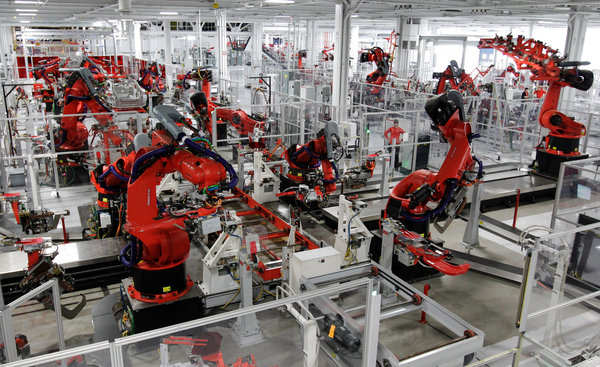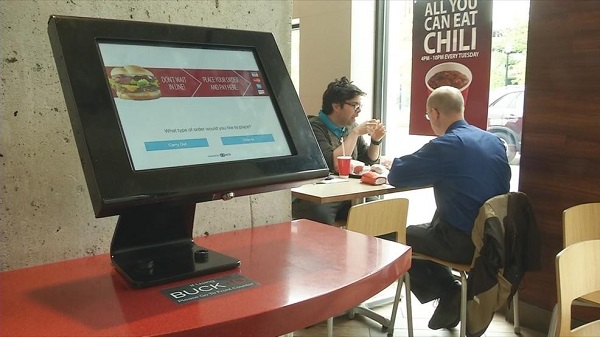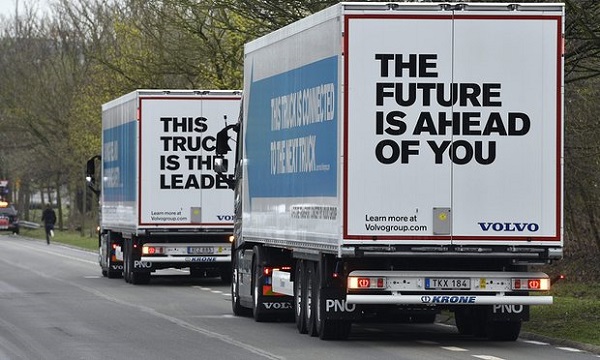Every time there is an announcement about a new robotic / automated technology being released for the purpose of performing a job, task, or function, much of the ancillary conversation steers around the notion that robots will soon take over many of the “boring” jobs out there.

For one, there’s Wendy’s, the fast food restaurant, which will soon be replacing a chunk of its workers with self-serve kiosks to cut down on how much the company is paying for labor costs.

There was also the recent Bloomberg article that speaks about robot boats designed to inspect bridges, along with this news item about a start-up being put together to develop self-driving trucks to cut down on long-haul shipping costs.

On the surface, it’s easy to see why many think technology is being designed to specifically replace the more monotonous jobs out there. The fact is, this could not be further from the truth — there are already plenty of robotic solutions to some of the more complicated trades, including chefs, doctors, musicians, and writers.
In the past week, it was even announced that a law firm just “hired” its first robot attorney.

To many, it appears as though technology is advancing at a rate which seems manageable — that solutions are only being designed to perform the duties which we don’t want to do ourselves. However, due to the rate with which new components are being designed, prototyped, scaled, and produced, along with a more granular understanding of market needs and the ability to create solutions to these needs faster than ever before, technology is, in fact, advancing at a rate much faster than what is being discussed in articles, on forums, and across all of social media.
The result of this will be the elimination of certain jobs, yes, but it will also likely lead to new industries that specialize in the development of strategies and solutions outside the capabilities of automated technologies. So, the question is not so much when, as it’s clearly going to be sooner rather than later—but rather, how is society as a whole going to react to this new sense of norm? From first world cities to third world areas — will technology and our ability to constantly improve upon these products, make the world a better place to live? And will this drive our acceptance of more technology in our everyday lives?
What are your thoughts? Do you agree that we are closer to the ‘robotic revolution’ then we’re all led to believe? And what will be society’s reaction – a general acceptance, an outright rejection, or a passive acquiescence? Let us know in the comments section below.
Preview image via Salon
Advertisement
Learn more about Electronic Products Magazine





